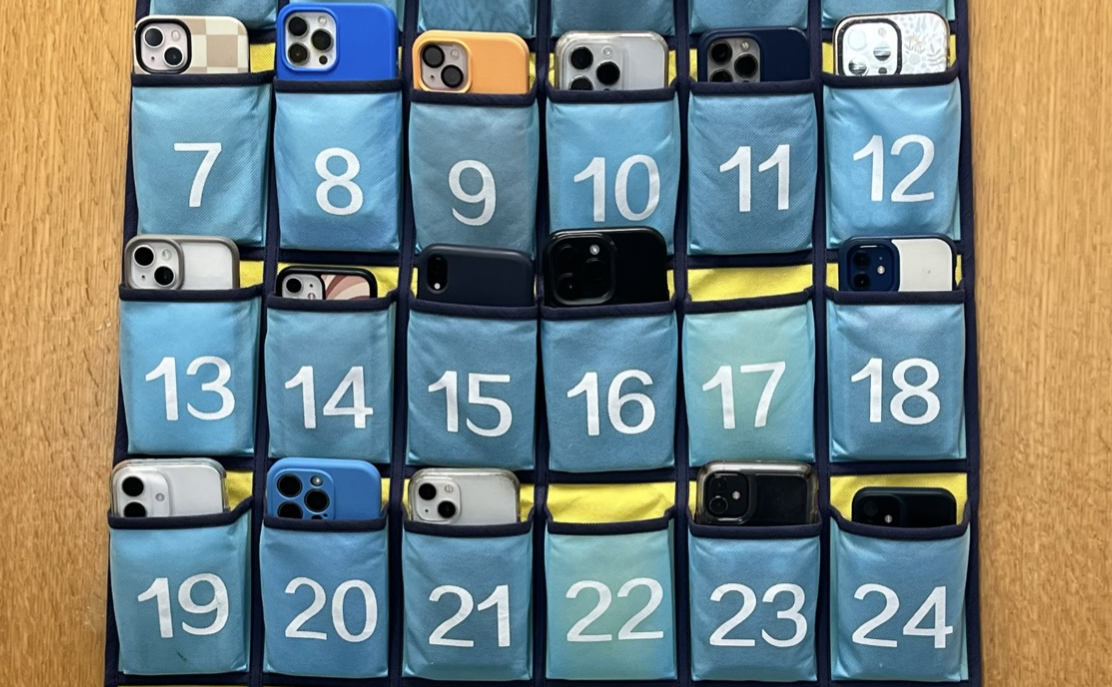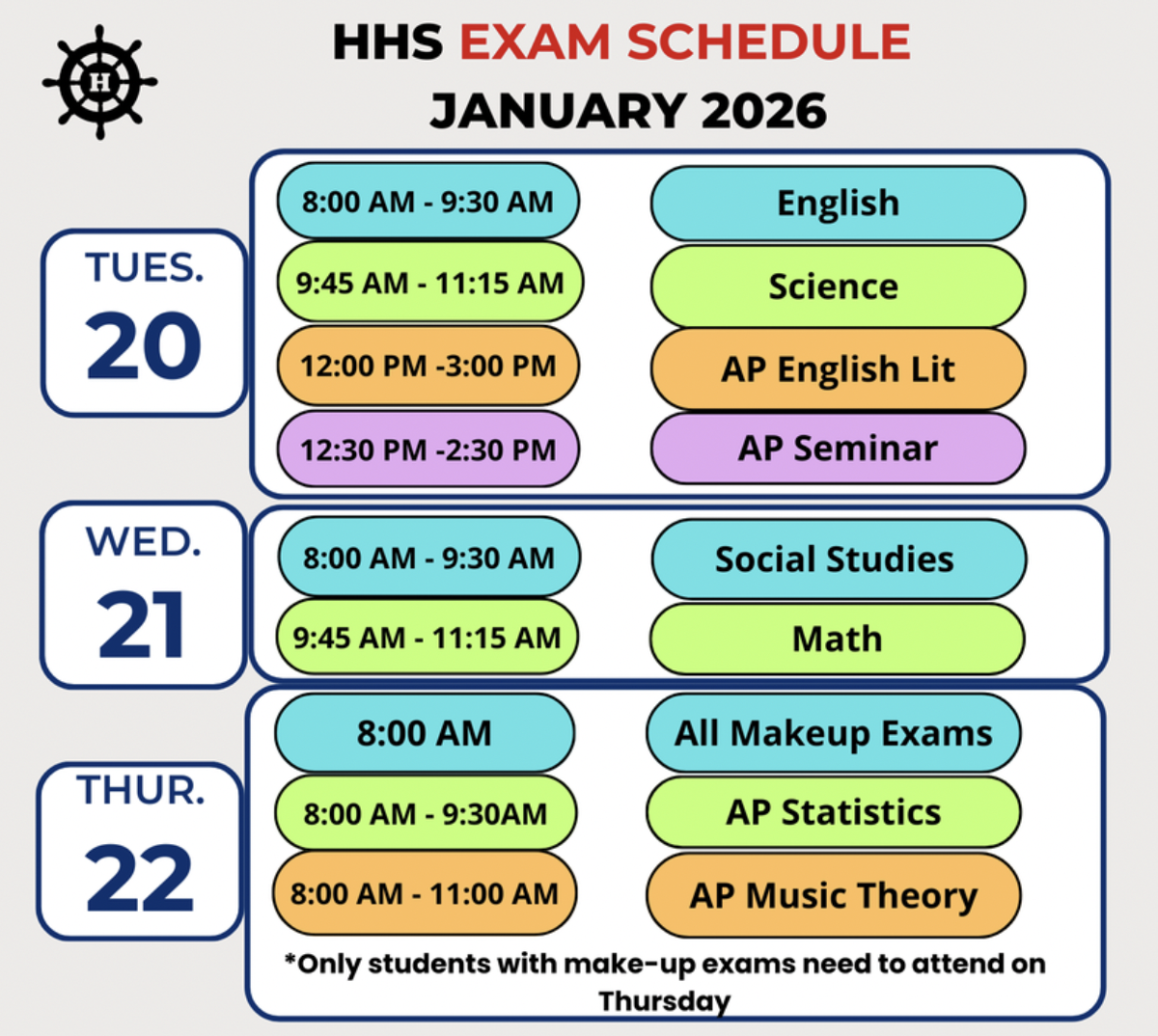In an increasingly digital world, administrators have begun to see the downsides of technology within the school environment. Rules about phones have changed over the years at HHS, but this year in particular, students have noticed that an increasing number of teachers have implemented their own phone policy in the classroom. While the HHS Student Handbook explicitly states that “electronic devices such as cell phones, smart watches, headphones, and other electronic devices may not be used without the expressed direction and permission of the specific classroom teacher,” some teachers express stricter, or less strict rules depending on their ideal classroom environment.
Recently, other schools throughout the nation have been cracking down on cell phone use in school. On the south shore in particular, Abington, Newton, and Needham have implemented strict bans on cell phones throughout the entirety of the school day. With the rise in strict cell phone rules in other schools and even certain classrooms at HHS, students are asking the question: are phone bans in the future of HHS?
When hearing from many students, the Harborlight has gathered an astounding negative response to phone bans directly from students, as many state that it poses direct threats to safety, learning resources, and accessibility at school. A common argument among HHS students who have experienced phone bans in class is that it is a safety and communication risk to not carry your phone on your person. HHS junior Hannah Giveny believes that “we should be able to keep our phones on our person because, in case of emergency, it would take far too long to run and grab phones from the front of the room. Also, on a day to day basis, it causes too much traffic leaving class, which makes students rush and even late to their next class sometimes.”
Similarly, junior Lauren Walker shared, “I think that the phone should be within reaching distance of a student, like inside their backpack, but I think that “phone jails” are a waste of space, time, and resources. I think that it distracts from the purpose of actually being in a classroom.” Students, who have grown dependent on their phones, will begin to feel anxious when they do not have access to them, mainly as a safety concern in case of an emergency. Many HHS students feel as though this added anxiety credited to phone bans is unnecessary. Lauren continued, “I do not feel safe inside of a classroom because of gun laws and an increase in school shootings, so I’d rather have my phone at a reachable distance in case of an emergency.”
Other students view their phones as an important resource that can be used in many educational ways in the classroom. HHS student Audrey Jones believes that “phones are a great learning resource to have, in addition to being a comfort for students at school.”
Another student, Aubrey Fairfield has a more personal tie to the issue. She believes that phones have a place in the classroom for accessibility reasons. “As someone with a 504 plan at HHS,” Aubrey shares, “I need certain things like headphones because during independent work time, I cannot focus without music playing through my phone, so something like phone access can be super helpful for kids.” Aubrey’s perspective opens up a discussion for accessibility to specialized learning resources, such as music, that can be used to increase productivity in the classroom, making a strong case against strict phone regulations in school.
Although many students strongly oppose phone regulations in school, teachers have a different viewpoint on the issue. Math teacher at HHS, Ms. Lynn has charging ports available at the front of her classroom in which students are expected to drop their phones off before the start of class. When asked about her phone policy, she shared, “The idea to do that actually came from my freshmen on orientation day, and they expressed that the phones were a distraction and I suggested that we put them in the charging stations.”
Ms. Lynn’s opinion reflects that of many of her fellow teachers, who view the phones as a distraction from the objective of school: learning. She continued, “I think having them there limits what you can look at when you are supposed to be focusing on academics, and gives you undivided attention to the task at hand.”
As for phone bans in school, teachers and students have widely varying opinions, which are difficult to compromise. Since both sides of the phone argument have valid reasons, who knows what the future of phone regulations at HHS will look like.


































